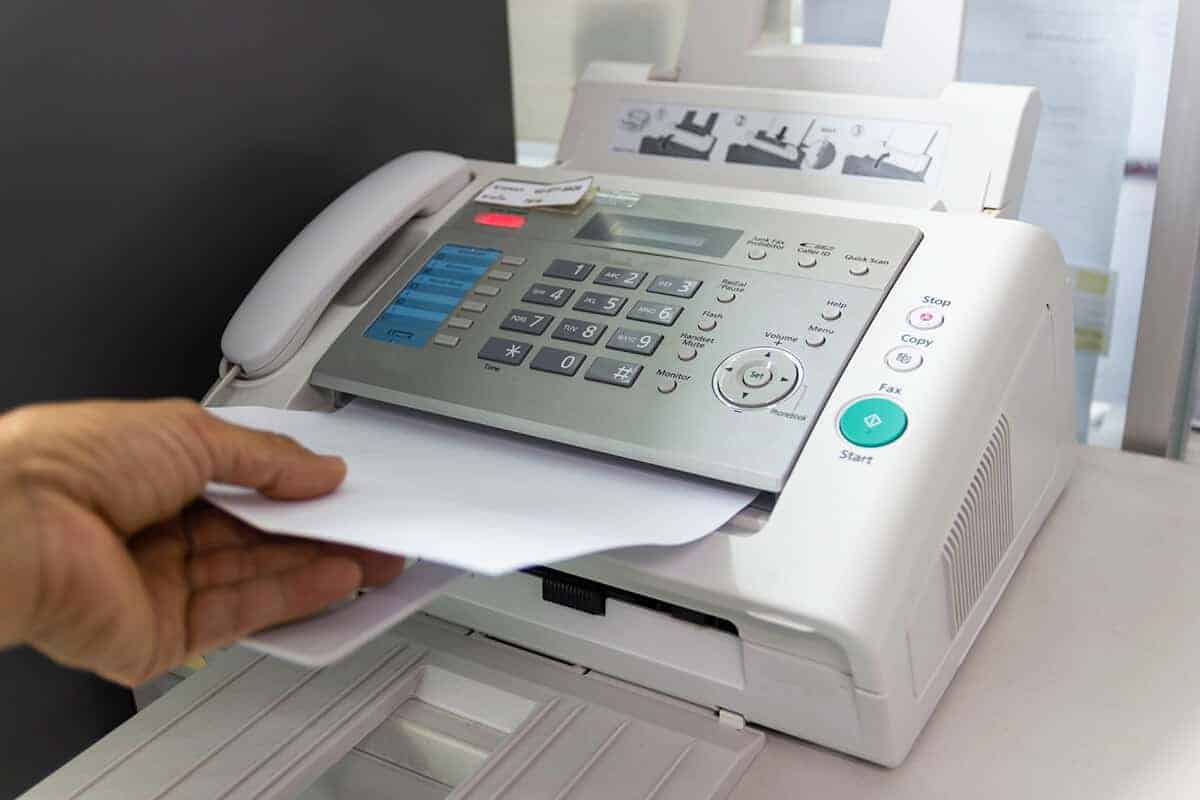At the end of 2019, the health and social care secretary, Matt Hancock, revealed that the National Healthcare Service (NHS) could no longer rely on old-fashioned systems like fax machines to deliver the privacy and cybersecurity their patients deserved. The ban on buying any new fax machines started this year, in January 2019, and Hancock suggests that all of the unwanted technology will be phased out entirely by March 2020.
To accelerate the motion, any NHS organisations using fax machines will be monitored on a quarterly basis until they’re able to say that they’re “fax free.” Instead, the NHS will be switching to more modern methods of communication.
Time to Leave Fax Machines in The Past
The decision to phase out fax machines comes after a freedom of information act proved that the NHS was still using 8,000 fax machines last year. According to the research, the healthcare group is currently the largest purchaser of fax machines – a title that’s harming the organisation’s vision of becoming more tech-friendly. The health and social care secretary says that the bid to ban fax machines will make it easier to modernise healthcare services and deliver innovative experiences for patients.
Most other companies around the UK have already scrapped the fax machine and the good news is that the NHS has plans to move into the modern age, with advances in everything from artificial intelligence to genomics promising new benefits for patients.
Embracing Digital Technology in Healthcare
From this year onwards, all communication and IT systems will be required to meet with a clear selection of open standards intended to ensure that systems can speak to each other in a professional network. The methods that aren’t able to meet with the latest measures will be removed by the government. Additionally, the NHS will be eliminating any communication contracts with vendors who can’t support their bid to revolutionise healthcare.
Cloud communications enable healthcare companies with modern, connected, real-time collaboration and communication opportunities. Click To Tweet
In a press release, Hancock stated that he wants to bring NHS “into the 21st century” by helping it to access the best technology on the market. By instructing the NHS to eliminate fax machines and switch to more secure methods, Hancock believes that the healthcare group will be able to better manage the huge amounts of patient data generated every day.
With the help of forward-looking communication companies like RingCentral, “axing the fax” will deliver a more efficient and secure communication system for both the NHS and the patients they serve throughout the UK. Cloud communications enable healthcare companies with modern, connected, real-time collaboration and communication opportunities.

RingCentral provides innovative, flexible, and highly secure cloud communication and collaboration solutions to reduce costs and improve efficiency whilst remaining compliant. That way public organisations can focus on their main purpose: improving public service for all. Our solution offers a wide range of clever functionalities, such as an analytics portal, for example, that can help the NHS and other health organisations get full visibility on their communication system and improve patient’s experience by reducing call queues and call handling times.
Our services are available on the Digital Marketplace via the G-Cloud framework that enables public sector bodies to find, compare, and procure cloud services in order to take advantage of new technologies.
Originally published Feb 05, 2019, updated Jan 17, 2023
